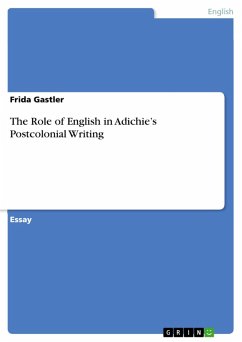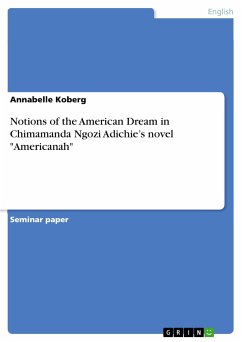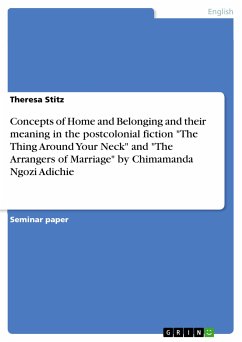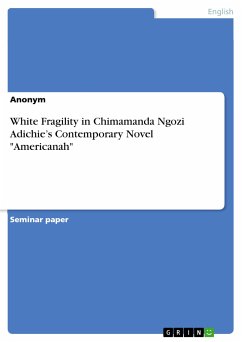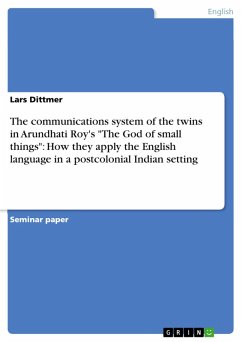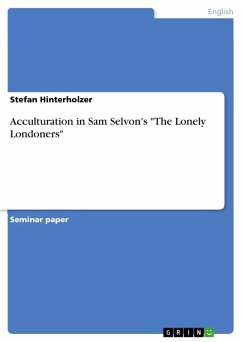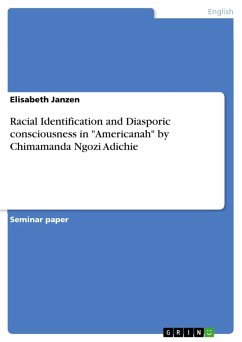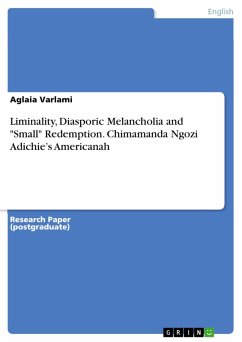Essay from the year 2022 in the subject English Language and Literature Studies - Literature, grade: 2,3, University of Münster, course: Multilingualism and Translation in Anglophone Texts, language: English, abstract: Postcolonialism is a literary theory to critically examine development, conditions and consequences of the experience of modern colonialism. The term has been introduced in the middle of the 20th century and has both a chronological, as well as a critical meaning. It asks about the representation of unequal political power relations in literature, art, popular media and science as well as about their consequences among individuals and between social groups (cf. Stearns 2008). African postcolonial literature refers to works written after the "political independence of various African states which were formerly subject to European colonial rule." (Poppen 2012). An issue that arises frequently is the use of English in African literature since the language was introduced violently by English colonizers during the era of colonialism. In this essay, the role of the English language in African Anglophone works will be examined. As a postcolonial text, the short story "Checking out" by the Nigerian author Chimamanda Ngozi Adichie shows the connection between language change and identity loss of African immigrants after colonialism.
Dieser Download kann aus rechtlichen Gründen nur mit Rechnungsadresse in A, B, BG, CY, CZ, D, DK, EW, E, FIN, F, GR, HR, H, IRL, I, LT, L, LR, M, NL, PL, P, R, S, SLO, SK ausgeliefert werden.

